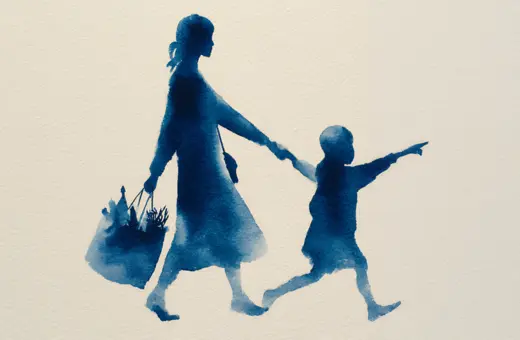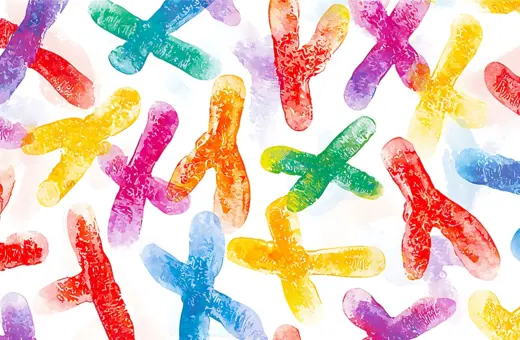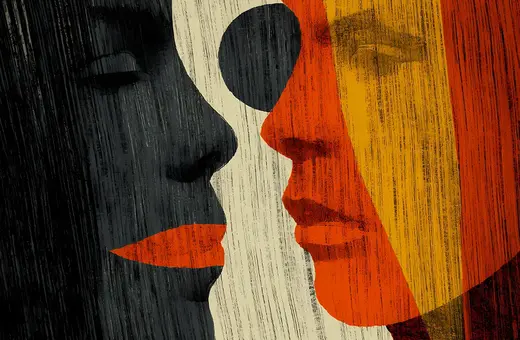We don’t get to choose our genes. But parents are now able to select their children’s genes in ways never possible before. The first baby born as a result of being singled out from a number of possible embryos with different probabilities of developing certain diseases is now a reality. The ethical concerns are many - eugenics have a nasty past and there are fears that already worsening inequality might become cemented in the ability of some parents to choose healthier, brighter children. But this technology will be what we make of it, and given its potential for good, we have a moral obligation to pursue it, argues Julian Savulescu.
Aurea Smigrodzki is still unaware of her significance in history. She is the first baby born on the basis of a polygenic score assigned to her future health, having been selected from 33 candidate embryos. In Aurea’s case, her parents were worried in particular about her risk of future breast cancer and heart disease: both had affected family members.
Testing for single genes, such as BRCA in the case of breast cancer, is already embedded in standard practice. In some countries up to one in ten babies is born via artificial reproduction technologies, including IVF. Up to 40 % of IVF babies undergo some pre-implantation testing for single-gene disorders. But many diseases are polygenic: they are influenced by multiple genes and the interaction between them. A polygenic score is a formula that assigns a risk level according to the probability of disease occurring with a set of genes.
So why has Aurea’s birth stirred up so much controversy? There are several reasons. Some are scientific: the scores show a correlation, causation is not known. But the main concerns are ethical. Reducing the risk of heart disease, or cancer a little could have no real impact on an individual: perhaps they could avoid that risk anyway through managing their environment, or perhaps it would never have eventuated. But it could impact public health: over thousands of individuals it will lead to reduced burden of disease. This brings us to concerns about eugenics: state-sponsored selection of embryos for traits considered to be better. Moreover, disease risk is only one possible use of polygenic scores. Traits such as height, intelligence, and even likelihood of engaging in a same-sex sexual experience have polygenic correlations that have been identified (as well as of course environmental factors). Indeed, it is the potential of this technology to raise ethical concerns that is most troubling. Despite those concerns, we have a moral duty to pursue polygenic test scoring if it means ensuring a healthier life for future humans.
How polygenic risk scores work
The BRCA mutations causes about 5% of breast cancer. But 95% of breast cancer is influenced by multiple genes. We don’t know the spread of risk scores that Aurea’s parents had to choose from. But studies testing the predictive power of the technology by assessing the polygenic scores of adult siblings found that, where there is a large enough gap between the scores of the pair, “the predictors identify the affected sibling about 70-90% of the time across a variety of disease conditions” (albeit the authors are shareholders of companies in this area). The more siblings to compare, the greater the potential for reduction of risk.





















Join the conversation